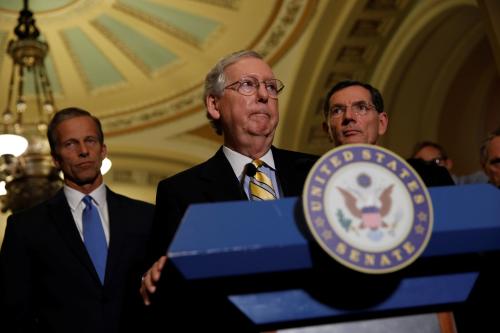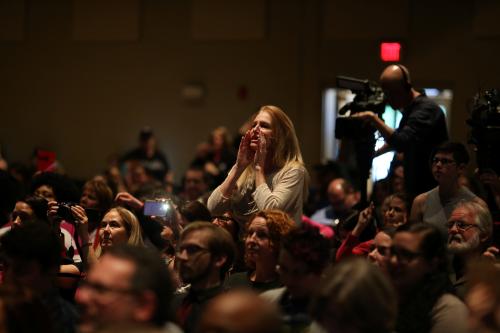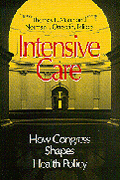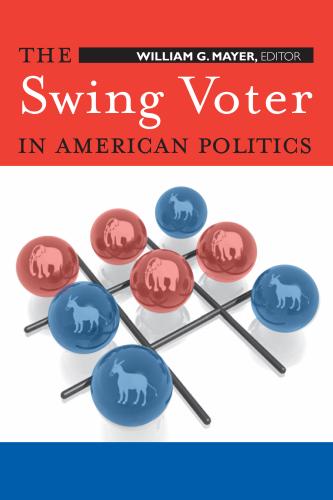The conventional wisdom is that although Donald Trump’s job approval is mired at historic lows for a first-year president, his base—especially the white working-class—is sticking with him. But a survey released last week suggests that even his most ardent supporters are beginning to express doubts about his presidency.
The Quinnipiac survey found that only 43 percent of white working-class voters approved of his job performance, while 50 percent disapproved. The intensity of the disapproval was surprising: fully 43 percent disapproved “strongly,” compared to just 29 percent who approved strongly.
To be sure, majorities of white working-class voters continue to say that Mr. Trump is a strong and intelligent person who cares about average Americans. More than half approve his handling of the economy, terrorism, and immigration. On the other hand, majorities now believe that he is not honest, not level-headed, and not a good leader. 50 percent say that he does not share their values. 52 percent think he believes that he is above the law.
The health care fiasco has hurt not only congressional Republicans, but also the president. 53 percent of white working-class voters disapprove of Mr. Trump’s handling of health care. This represents a judgment on the substance of what he is trying to do, not just the style. Only 32 percent support the Republican plan to replace Obamacare, and fully 66 percent reject any attempt to cut Medicaid, which candidate Trump said repeatedly that he would not do, but the House Republican health care plan would do.
White working-class voters seem to have been following developments in the White House staff pretty closely, as well: 58 percent say they would not want to work for Mr. Trump. Nor are they as enthusiastic about his unorthodox style as many commentators assume. 65 percent say that he should stop tweeting. Only 35 percent of white working-class voters say that his presidency makes them feel proud, versus 44 percent who say that it embarrasses them. (For the electorate as a whole, it is much worse: 26 percent feel proud, 54 percent embarrassed.)
Mr. Trump’s troubled relations with other key officials, including members of his own cabinet, are not helping. Solid majorities of white working-class voters disapprove of the way he talks about Attorney General Jeff Sessions and reject the idea of firing him. 61 percent believe that Special Counsel Robert Mueller, the long-time director of the FBI, will conduct a fair investigation; 62 percent believe that firing him would be an abuse of power. 54 percent say that the Russian government interfered with the 2016 presidential election; 51 percent say that Mr. Trump is not taking the investigation into this interference seriously enough, and 49 percent think he is attempting to derail or obstruct it. Remember, those numbers are among white working-class voters—the president’s base—which gave him two-thirds of their vote just eight months ago. And of course, the numbers for the broader public paint an even more grim picture for the new president.
If I were a Republican House member in anything but an absolutely safe district, I’d be worried. The Quinnipiac survey found that 52 percent of voters want to see the Democrats take control of the House after the 2018 midterm elections, versus only 38 percent who want the Republicans to retain the control they have enjoyed since 2010. An earlier ABC/Washington Post survey yielded identical results. Other surveys have indicated smaller but still substantial Democratic margins. If the past is any guide, an edge of 7 points or more in the national House vote would be enough to produce a Democratic majority.
For Congressional Republicans, much depends on their ability to regroup after their health care disaster and enact high-profile legislation that average Americans actually like. For the White House, everything depends on the new chief of staff’s ability to gain control over his staff—and on President Trump’s ability to gain control over himself.
The Brookings Institution is committed to quality, independence, and impact.
We are supported by a diverse array of funders. In line with our values and policies, each Brookings publication represents the sole views of its author(s).











Commentary
Are Trump’s strongest supporters having second thoughts?
August 7, 2017